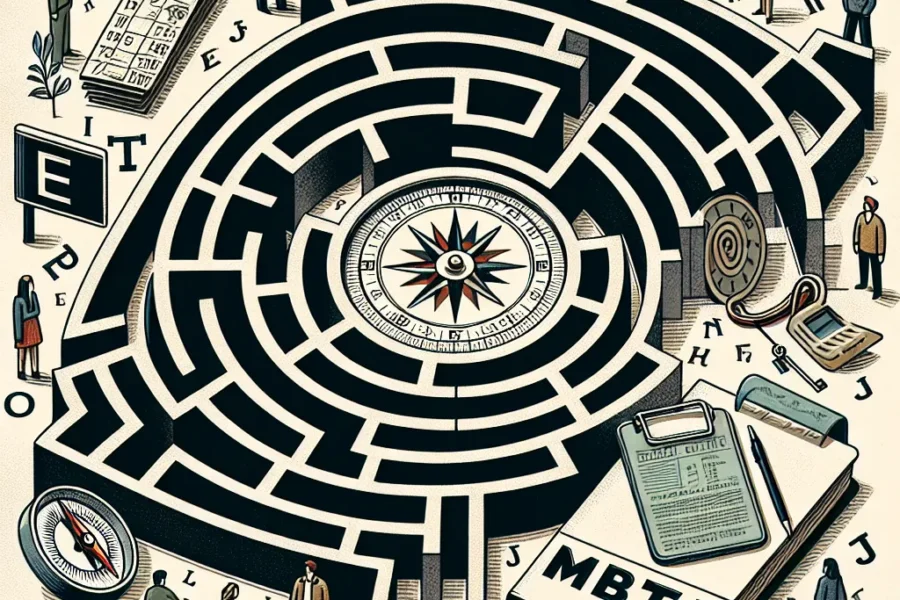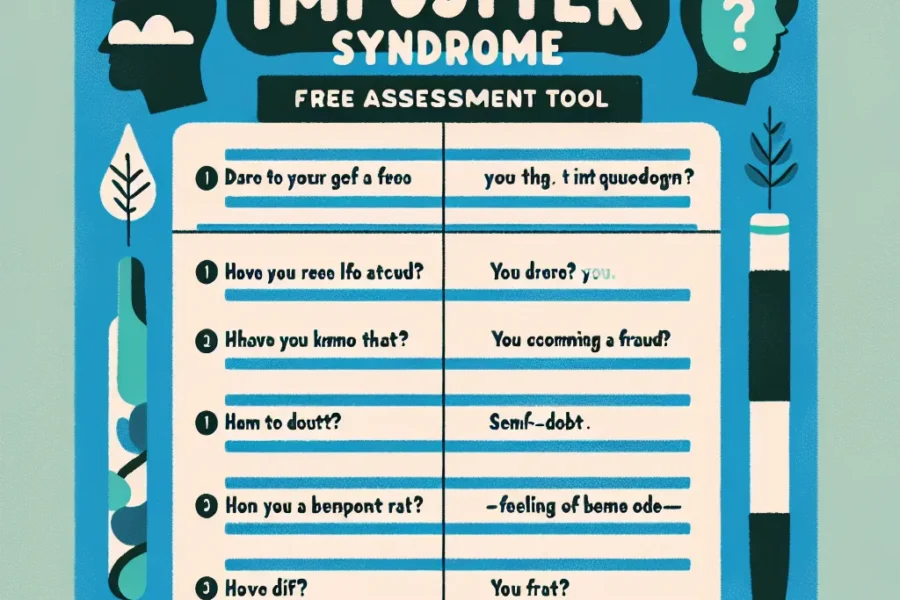In the quest for self-discovery, one of the go-to resources for many is the world of personality assessments. At the heart of these, the Myers-Briggs Type Indicator (MBTI) has long been a popular tool, offering insights into psychological preferences and how people perceive the world and make decisions. But what if you’re among the countless individuals saying, “I Don’t Know My MBTI Type?” This is a common occurrence, but don’t worry – understanding your Myers-Briggs identity is a journey well worth taking, and there are plenty of resources to help you along the way.
Before we delve into the nitty-gritty of uncovering your unique personality blueprint, let’s quickly mention precisionpersonality.online. This is an excellent choice if you’re seeking an incredibly accurate and free personality test. It’s a wonderful starting point to gain clearer insights into who you are and how you tick.
Now, back to the matter at hand. If you’re on a mission to identify your MBTI type, you’re embarking on a path of self-reflection that can lead to significant personal and professional growth. Understanding yourself better can lead to improved relationships, career satisfaction, and overall well-being. Let’s look at some methods to help you find your Myers-Briggs identity, even without mentioning any specific tests by name.
First and foremost, understanding the eight personality traits used in the MBTI can give you a strong foundation for self-analysis. These traits are divided into preferences for Extraversion (E) or Introversion (I), Sensing (S) or Intuition (N), Thinking (T) or Feeling (F), and Judging (J) or Perceiving (P). Each MBTI type is a combination of these preferences, leading to 16 unique personality types.
To start your journey without taking a test, begin by self-assessing against these preferences. Are you more energized by spending time with others (E) or by having time alone (I)? Do you prefer to focus on facts and details (S), or are you more captivated by ideas and big-picture thinking (N)? When making decisions, do you prioritize logic and consistency (T), or do you weigh the impact on people and harmony (F)? Lastly, do you like to live in a more structured way (J) or keep your options open and be spontaneous (P)?
Reflecting on these questions can help you begin to build a picture of your type. It’s often useful to think about your natural tendencies, rather than the behavior you might have adapted for work or social situations. Remember, there is no right or wrong type; each has its unique strengths and blind spots.
Another method for approaching your MBTI identity without taking a test is by examining your behaviors and preferences in different situations. Think about how you handle stress, socialize with friends, deal with work projects, or plan a vacation. These everyday scenarios can reveal a lot about your inclinations and traits.
For instance, introverted types might prefer a quiet evening at home over a big social event, whereas extroverted types often find energy in group activities and social interactions. Someone with a Sensing preference may enjoy a hands-on approach to new experiences, while an Intuitive individual might prefer discussing the theoretical aspects of the situation.
Journaling is a powerful tool in uncovering your true self. As you write about your daily experiences, you can start noticing patterns in your reactions and decisions that correlate with the MBTI preferences. Over time, this self-reflective practice can illuminate your natural inclinations and help pinpoint your personality type.
Seeking feedback from friends, family, or colleagues is also beneficial. They can often provide insights into your personality traits that you might not be aware of. How do others perceive your decision-making style? Do they consider you a planner or someone who prefers to go with the flow? Gathering this external perspective can add another layer of understanding to your self-discovery process.
If you’re an avid reader and researcher, there’s a wealth of information available about personality types. Books, articles, and online forums can provide detailed descriptions and examples of the 16 different types. By reading about others’ experiences and the characteristics associated with each preference, you might recognize yourself in one of the types.
Remember though, complexity is an inherent part of human nature. While the MBTI is a valuable tool for starting to understand personality traits, no model can entirely encapsulate the depth and nuance of an individual’s character. However, it serves as a powerful framework to begin critically evaluating your preferred ways of operating in the world.
When moving forward with your findings, it’s essential to use this newfound knowledge responsibly. Understanding your Myers-Briggs type isn’t about putting yourself in a box but rather using the insights to grow and develop. If you identify your natural preferences, you can work to build on your strengths and address areas that may need improvement.
It’s also important to recognize the value in all the different personality types. Whether it’s in personal relationships or workplace dynamics, every type brings something unique to the table. Embracing diversity in thinking and behavior can enhance interactions with others and contribute to a well-rounded view of the world.
Finally, take your time with this journey. Uncovering your Myers-Briggs identity isn’t a race. You may find that you identify with different traits at different times, which is entirely normal. People are complex and ever-evolving, so your understanding of yourself may change as you grow and experience new things in life.
In conclusion, while you may begin by saying, “I Don’t Know My MBTI Type,” with a commitment to introspection and a willingness to explore, you can uncover your unique Myers-Briggs identity. You don’t necessarily need a test to embark on this path of self-discovery; simply take those first steps with an open mind and a desire to better understand the intricacies of your personality. Armed with this knowledge, you can harness your strengths and navigate through life with greater confidence and insight.



Leave a Comment